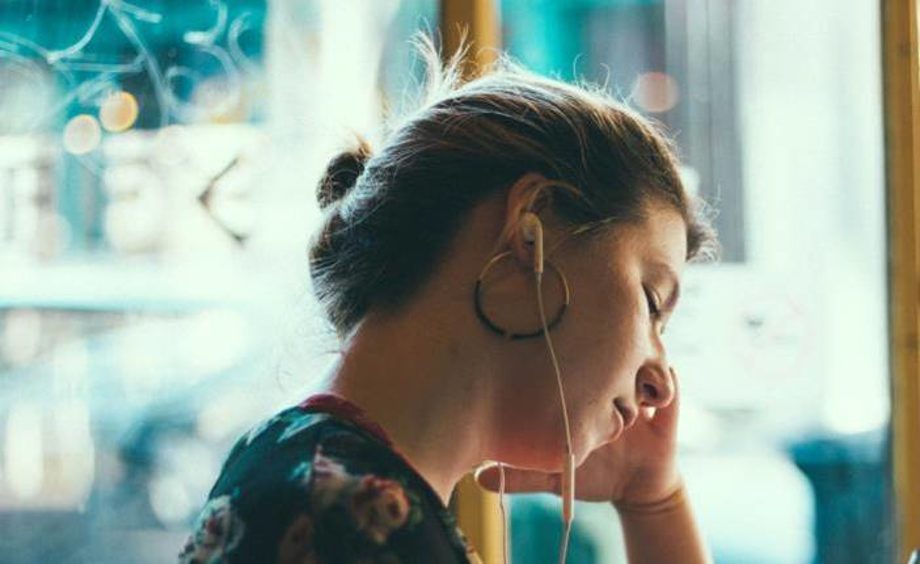
Listening to music is one of life’s great pleasures. It can make you feel relaxed and help you unwind after a stressful day at work, it can make you feel happy, or sad, as well as bring thousands of likeminded people together at festivals and gigs to enjoy the talent of live bands, solo artists and DJs.
Around 200,000 music fans and festival goers were due to attend the 50th edition of Glastonbury recently, one of the UK’s most popular music festivals. Like all big events so far this year though, Glastonbury was unfortunately postponed until next year due to the global coronavirus pandemic.
With the lack of live music available at the moment, one if the only ways for fans to get their fix is to listen to their favourite tracks via streaming services, often through headphones and earbuds. If you’re finding yourself nodding along so far, then you might have also been tempted to turn the volume up to full blast in an attempt to recreate that loud festival experience. But doing that isn’t a good idea, as it can cause irreversible damage to your hearing.
How loud noise can damage your hearing
Exposure to loud noise is the biggest cause of hearing loss after ageing, according to the charity Action on Hearing Loss. Prolonged exposure to excessive levels loud noise, like loud music listened to through earbuds, can damage the structure of the ear.
Extended or repeated exposure to sounds at or above 85 decibels can cause permanent damage, and you are likely to experience muffled hearing and conditions such as tinnitus – a constant ringing or buzzing in your ears. Sounds of less than 85 decibels, even after being exposed for a lengthy period of time, are unlikely to cause hearing damage.
The main danger of headphones and earbuds is the fact that they can produce very loud levels of sound and project it directly into your ears. If the volume is too loud, this is extremely dangerous. Listening devices like these have the ability to cause damage to your ears in the same way that, for example, exposure to loud noises from power tools do, resulting in what audiologists call “noise-induced hearing loss.”
Your ears send vibrations into the inner ear, where the cochlea containing tiny hairs process the waves into identifiable sounds. Over time, sounds that are too loud from your headphones or earbuds will cause these hairs to become damaged and die, and as they do, the sound our brain hears becomes less clear. This will also happen on moderate volume for a prolonged period of time.
How can I protect myself while using headphones or earbuds?
It doesn’t mean that you have to stop listening to music to protect your hearing. You just need to be sensible. Here are some top tips to protect your hearing when using headphones or earbuds:
- Take listening breaks & turn the volume down: Something as simple as taking breaks and turning the volume down can help protect your ears. Dr. Robert Henderson, a GP and Earex expert, says that you should limit usage to no more than an hour per day, preferably in two 30-minute chunks, and choose over the head headphones rather than earbuds where possible. *
- Use noise-cancelling headphones: It’s really frustrating when you’re trying to zone out and listen to music and you can still hear other noises in the background. This inevitably leads to turning the volume of your music up. To combat that perpetual increase in volume, try wearing noise-cancelling headphones.
- Set a volume limit: Some devices allow you to set a custom volume limit in the settings. On an iPhone, you can do this by going to Settings > Music > Volume limit to set a maximum.
- Clean your ears: Earwax performs an important role in the ear, trapping dust and acting as a water repellent. Wax should naturally fall out as the ear is self-cleaning, but it can sometimes build up causing sounds you hear to muffle and appear quieter. This might tempt you to turn your music up, but this isn’t a good idea as it could damage your hearing. Clean your ears regularly, but don’t insert things like cotton buds, as that compacts the wax further adding to the problem, and making it harder to remove. Eardrops are useful for softening wax and making it easier to clean. *
- Test your hearing: It is advised that from the age of 26 through to your late 40s, you should have your hearing tested every three years, and people in their 50s and over should have a hearing test every two years, to help identify any damage early. *
Did you know…
When music festivals return, ear plugs should be part of your festival kit to protect you from harmful loud noise. Auritech Music ear plugs have a unique design for optimum safety, our customisable moulded ear plugs and universal fit ear plugs have a patented ceramic filter that is frequency-selective. They protect your hearing from harmful noise whilst allowing you to communicate normally and hear the music, as well as relevant background sounds – perfect for the festival environment.
Find out more about Auritech Music ear plugs
*Advise and recommendations from Training Matters for pharmacy assistants, December 2019.